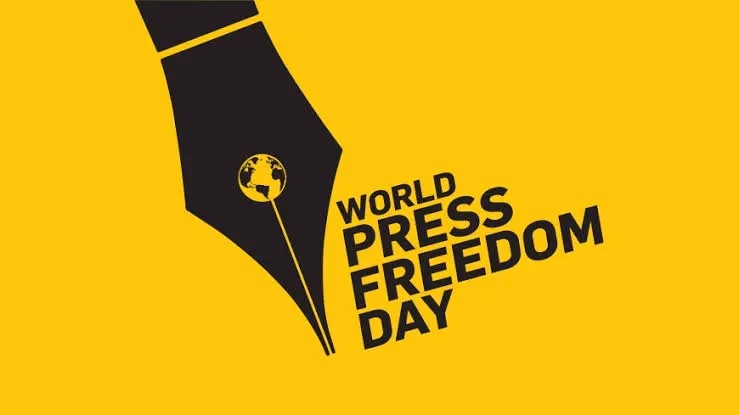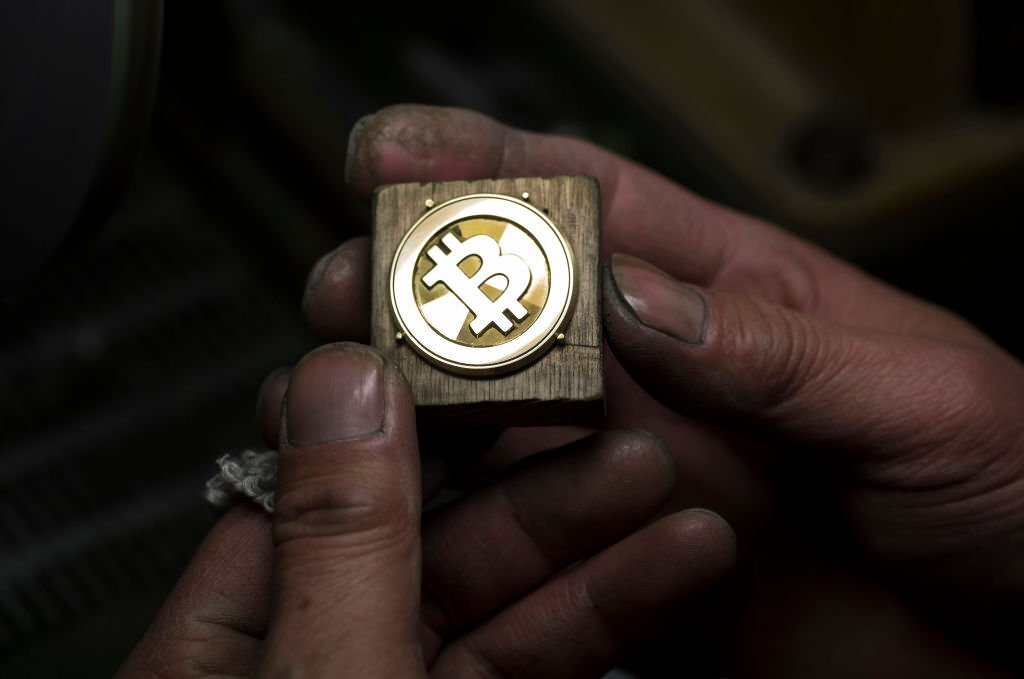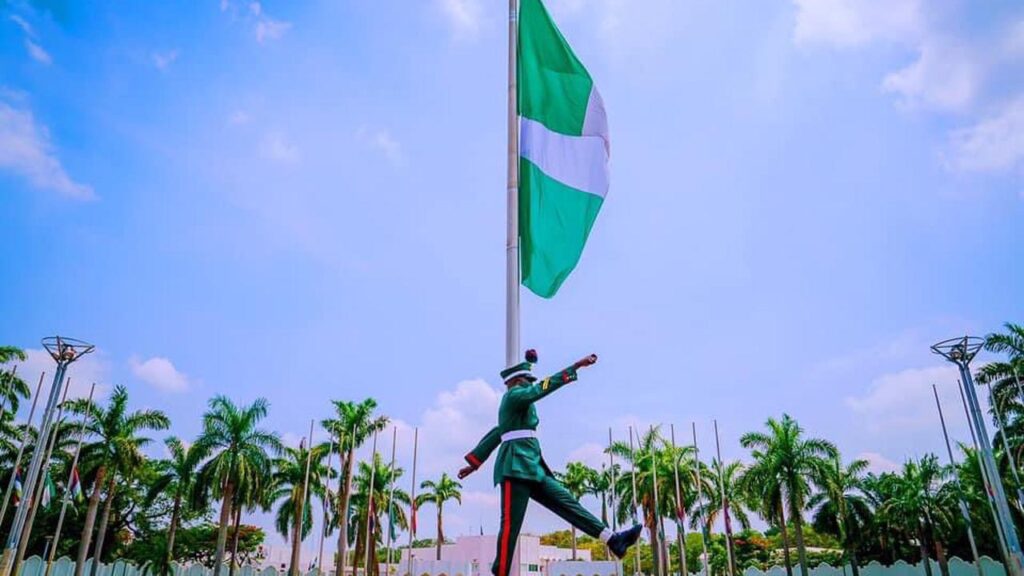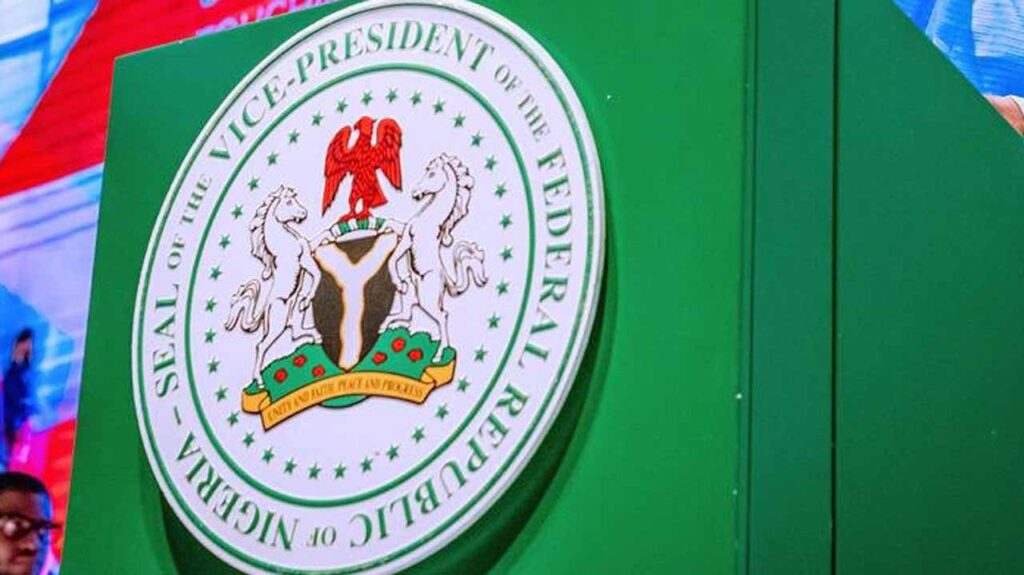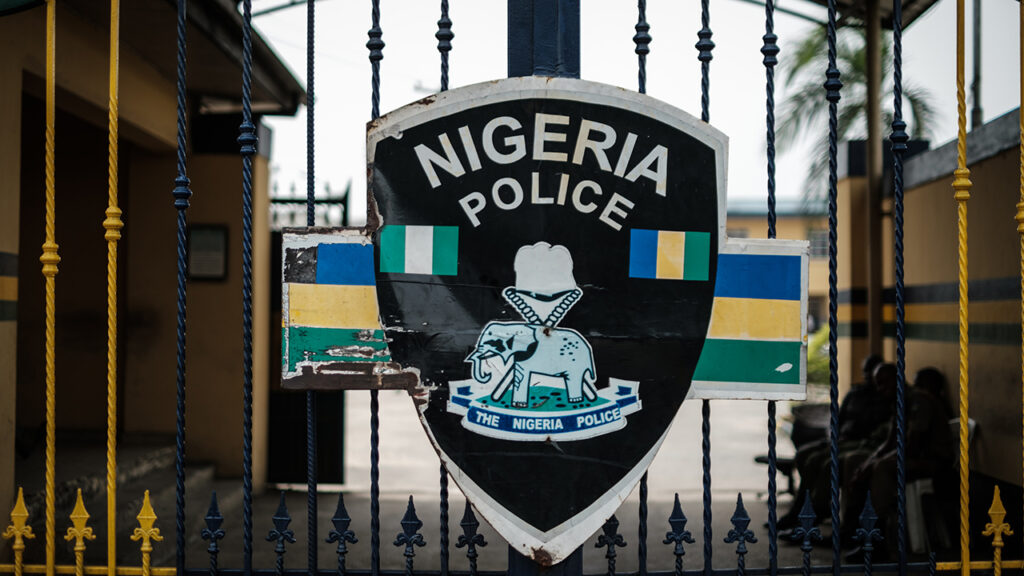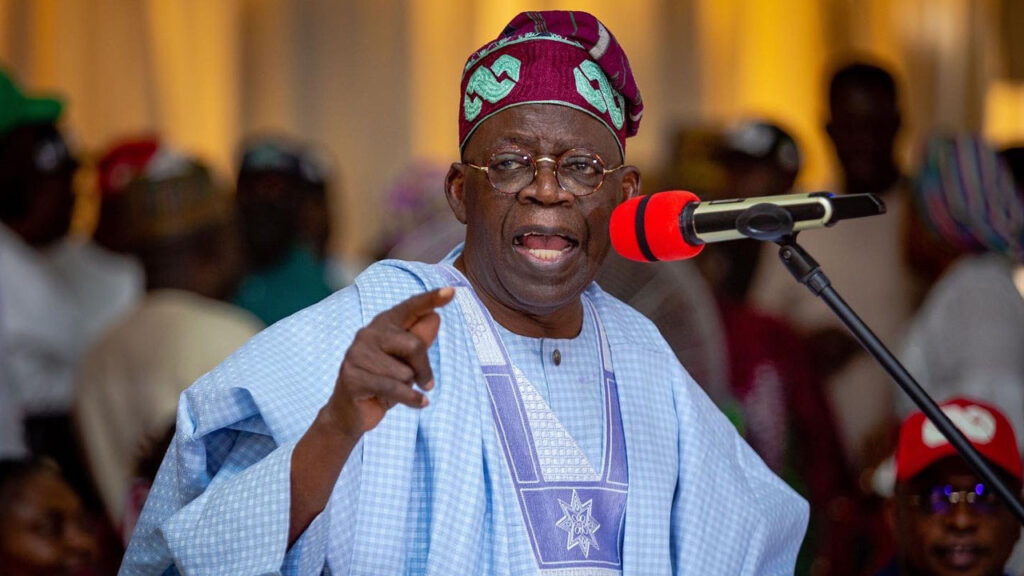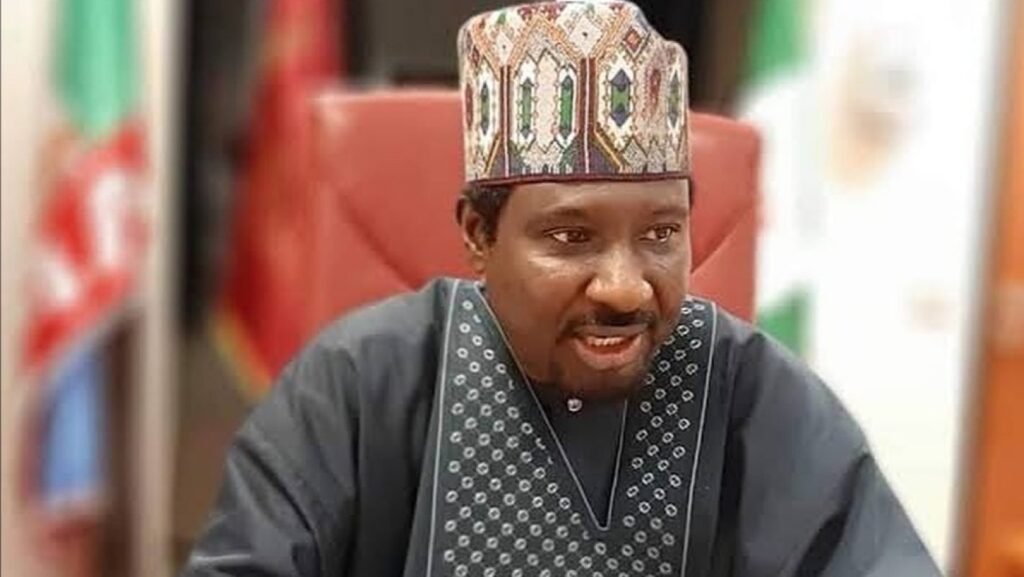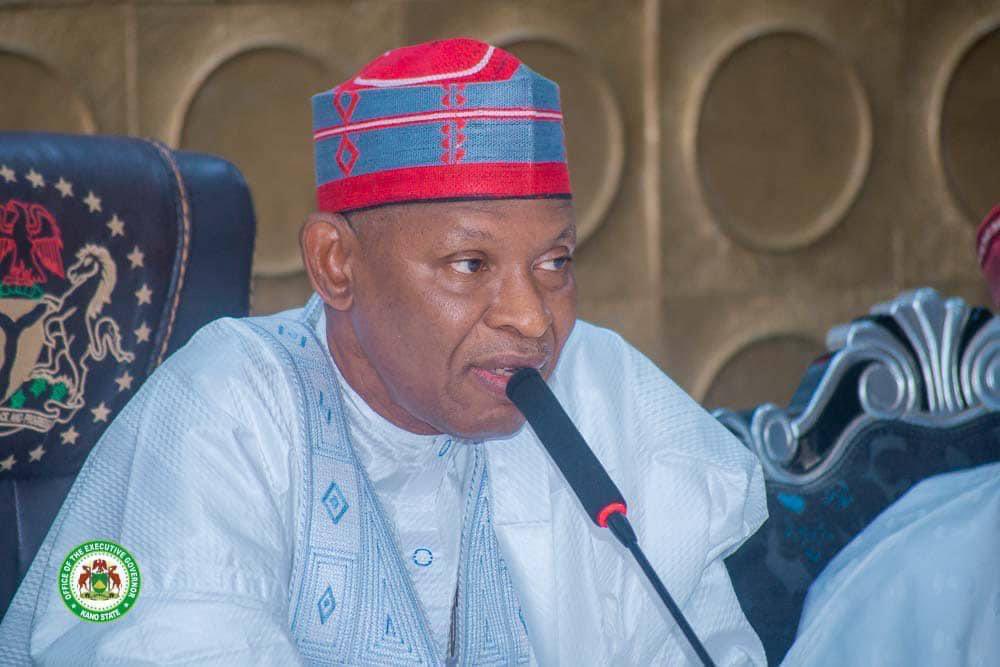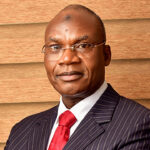
Like a ritual of the sort, Friday May 3, 2024, saw media professionals in Nigeria, members of civil society organizations and non-governmental organisations, among others, joined their counterparts across the globe to celebrate the World Press Freedom Day, a day declared by the United Nations Educational, Scientific and Cultural Organisation (UNESCO) to renew commitment to the fundamental principle of press freedom.
Globally, press freedom is important, given the key role played by the media “in ensuring full respect for the right to freedom of expression, promoting the free flow of information and ideas, assisting individuals in making informed decisions and facilitating and strengthening democracy.”
More specifically, this year’s celebration saw the African Commission on Human and Peoples’ Rights (the Commission), through the Special Rapporteur on Freedom of Expression and Access to Information in Africa (the Special Rapporteur), joined the international community in commemorating the World Press Freedom Day, as noted in the preamble to the Declaration of Principles on Freedom of Expression and Access to Information in Africa (the Declaration).
Also, like every other media professional in Nigeria, the celebration offered me the opportunity to reflect on how citizens of every nation (democratic or otherwise) hunger for ‘public forum or sphere’ where issues of public interest are viewed as central and openly considered, discussed or debated. And how politicians and public office holders on their part have a great interest in how the media cover their behaviour. They depend on the media to provide the information they need about the people and society. The media practitioners, in turn, depend much on the authorities (public office-holders) for their information.
Increasingly, by choice or by accident, a number of issues daily emanate from this mutual dependency, particularly as the vast majority of public office holders are allergic to accepting their political past/mistakes, while others are not disposed to having their political future discussed.
Also, the media professionals, in their search for new but personal fields to increase their wealth and wellbeing, have at some points opted out of the primary mandate of objective reportage to become a willing tool in the hands of these political gladiators and, in the process, failed to inculcate and reinforce positive political, cultural, social attitudes among the citizens. They also failed to create a mood in which people become keen to acquire skills and disciplines in a developed nation. Indeed, some media professionals have overtly become more cautious than courageous in performing their agenda-setting roles. They have on many occasions watched the making of political-cum-economic decisions that breed poverty and perpetrate powerlessness, yet took the easy way out without addressing the underlying factors, thereby leaving the masses confused.
This fact also brings an important distinction to the fore. Social media is not another platform for disseminating falsehood, rather, it is a platform for pursuing the truth, and the decentralised creation and distribution of ideas in the same way that government is a decentralised body for the promotion and protection of the people’s life chances. It is a platform, in other words, for development that the government must partner with.
Very instructive, I have no despair about the future of media practice and freedom of expression in Nigeria but it is an unhappy truth that free speech is under attack- a state of affairs considered bad for morals.
To further support this assertion, it is a well-established axiom that ‘without wood, the fire goes out, charcoal keeps the ember glowing as wood keeps the fire burning’. The same is applicable to the factors propelling fake news/hate speeches. It is a barefaced truth that the death of leadership, the asymmetrical posturing of our political space and the refusal to have it restructured, among others, propel fake news and hate speeches.
Another salient point we must not fail to remember is that ‘where the media is free, the marketplace of ideas sort the irresponsible from the responsible.
But a partisan/government-controlled press helps the politicians to flood the marketplace of ideas with junks and befuddle the people so that they would not see what their vital interest could mean. Free press, the world over, is not a privilege but an organic necessity in the society that provides a platform/avenue for positive criticism, reliable, and intelligent reporting through which the government can be informed about what the people of the country are thinking and doing. Nigerians are aware of this fact.
What the government should realise is that with the advent of social media, which has in turn given birth to ‘citizen’s journalism’, the stage is set for a democratised information management and ‘pressmanism’.
Utomi is the Programme Coordinator (Media and Public Policy), Social and Economic Justice Advocacy (SEJA), Lagos. He can be reached via:jeromeutomi@yahoo.com

